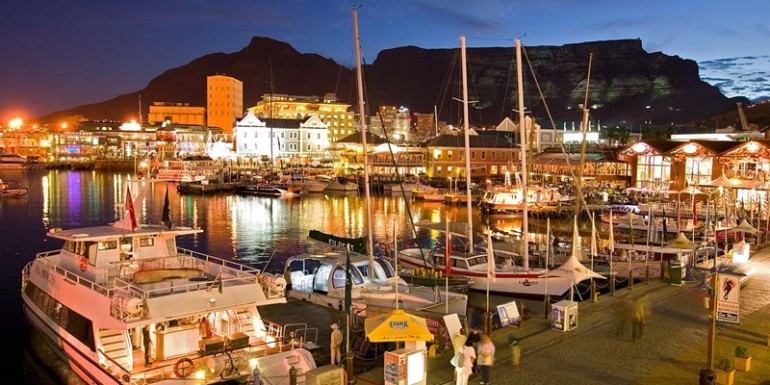Sponsored Listings:
While the fundamentals affecting tourism to South Africa remain favourable, helped by an improving global and local economy, the key impediment is the Cape Town water shortage, according to PricewaterhouseCoopers (PwC) Hotels outlook: 2018-2022: South Africa – Nigeria – Mauritius – Kenya – Tanzania.
“Tourism has again proven to be resilient in the face of economic and political uncertainty, the impact of drought and regulatory changes,” says Pietro Calicchio, PwC Southern Africa Hospitality Industry Leader.
Despite the Cape’s water shortage, Cape Town grew more than 7% in 2016, and according to Calicchio, there was still growth in 2017 of about 1%, while average daily rates were up 6%, higher than the average of the market as a whole.
The impact of the water crisis is hard to quantify, says Calicchio, as there is little historical precedence, therefore it is difficult to project the impact the drought had on tourism.
Wesgro conducted a survey in March that shows the effect the drought had on tourism to the region. The survey revealed that among 18 hotels in Cape Town, bookings were down between 10% and 15% in January and February compared with the same period last year. These hotels also indicated that there had been a drop in bookings for the period from April to September.
Tourists are opting for other locations where water is not an issue, which is specifically impacting occupancies in the hotels, according to PwC.
Guest houses were impacted most within the Cape Town area, as fewer visitors opted to stay at guest houses as Day Zero was announced.
With water tariffs having increased over the past months, this has affected the smaller mid-tier guest houses, leaving them with significantly higher municipal bills.
As tourism plays a critical role in the economy – accounting for 9% of GDP in 2017 – the government is taking steps to provide water to hotels.
Many hotels and commercial centres are in ‘economic protected zones’ where they are exempt from water queues in Cape Town and will continue to receive water, even if Day Zero occurs.
Certain five-star hotels have alternative measures in place, such as the Silo Hotel with its own desalination plant, so the luxury traveller is unlikely to feel the impact of the water shortage. The Westin Hotel and Tsogo Sun Hotels also recently installed their own desalination plants to alleviate the demand on the City’s supply.
“We have already reduced our water consumption by 60%, and have successfully implemented a number of initiatives within our hotels that will continue to have an impact on saving water,” said John van Rooyen, Operations Director: Cape Region at Tsogo Sun.
Local government and the private sector are also working together to obtain positive results. The V&A Waterfront has allocated part of its land to the City of Cape Town and installed a temporary desalination plant.
Calicchio said: “It’s great to see how hotels have done their bit to save water.”
Tourists continue to be encouraged to visit Cape Town and will still have access to popular attractions such as Cape Point in Table Mountain National Park and Kirstenbosch National Botanical Gardens. The Cape Town International Convention Centre, furthermore, still plans to host all of the events scheduled for 2018.
Recently, the City of Cape Town announced that there would be no Day Zero for 2019 if water restrictions are adhered to. “Hopefully, the good news will start to attract more visitors,” said Calicchio. “Cape Town is still going to be the gem of SA and carry on boosting the economy of the Western Cape.”
Source: tourismupdate.co.za










